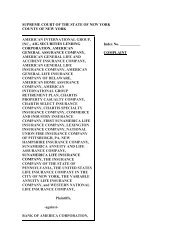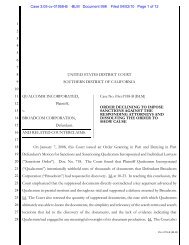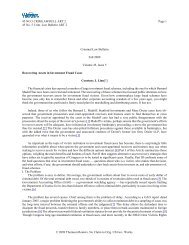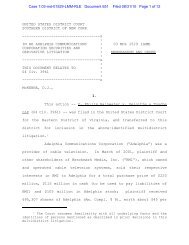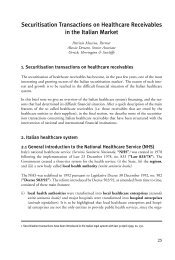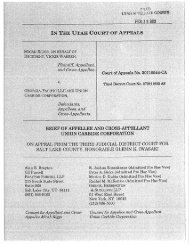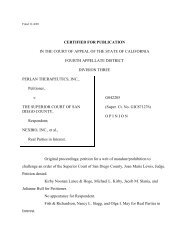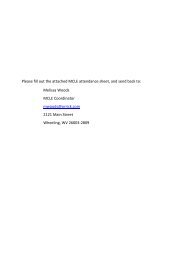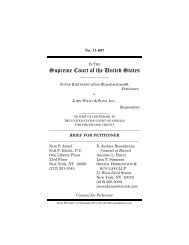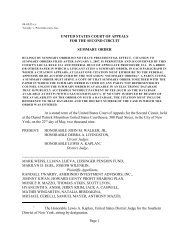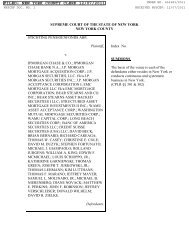Public Charter Schools Borrowing With Tax-Exempt Bonds, Second ...
Public Charter Schools Borrowing With Tax-Exempt Bonds, Second ...
Public Charter Schools Borrowing With Tax-Exempt Bonds, Second ...
You also want an ePaper? Increase the reach of your titles
YUMPU automatically turns print PDFs into web optimized ePapers that Google loves.
a separate law firm to serve as Disclosure Counsel, and instead, either Bond Counsel<br />
or the Underwriter’s counsel can serve in this role.<br />
Trustee. A national trustee bank typically serves as bond Trustee, acting to collect,<br />
maintain and disburse the moneys in connection with the bonds and enforce the<br />
rights of bondholders. The Issuer may select the Trustee based on its preexisting<br />
relationship in connection with previous bond issues. If not, the school may select<br />
a trustee bank. The Trustee often serves an additional key role, that of dissemination<br />
agent, responsible for receiving and transmitting the school’s annual report (under<br />
its Continuing Disclosure Agreement) to the appropriate information repositories.<br />
Investment Advisor/Bidding Agent. As described in Chapter 4, “Eligible Uses of<br />
Bond Funds,” the charter school may seek to utilize a structured investment to<br />
maximize interest earnings on funds held by the Trustee. An investment advisor<br />
or bidding agent assists the school in determining the optimal structure for such<br />
investments and assists in complying with the public bidding rules applicable to the<br />
procurement of such investments. Historically, the Underwriter could serve in this<br />
role; however, recent federal regulations require an independent investment advisory<br />
firm be retained for this limited purpose, if applicable.<br />
Rebate Analyst. As described in Chapter 4, “Eligible Uses of Bond Funds,” a tax<br />
filing is required in the fifth year following issuance of the bonds to report any<br />
arbitrage earnings to the IRS and provide for payment of any rebate liability that<br />
may be associated with investment earnings on the bond proceeds. Rebate analysts<br />
often charge a nominal fee to undertake annual monitoring of the investment<br />
earnings and responsibility for the required rebate filing.<br />
Post-closing Compliance Monitor. To assist the public charter school in meeting<br />
ongoing post-issuance compliance responsibilities, a compliance monitor should<br />
be engaged to undertake a variety of responsibilities, including periodic private<br />
use review and tabulation, private activity bond monitoring and analysis, internal<br />
audits, completion of new IRS Schedule K (annual reporting requirements for taxexempt<br />
bonds and applicable to nonprofit corporations), analysis of post-issuance<br />
tax compliance procedures (such as rebate filings), and review of tax documentation<br />
<strong>Public</strong> <strong>Charter</strong> <strong>Schools</strong> <strong>Borrowing</strong> <strong>With</strong> <strong>Tax</strong>-<strong>Exempt</strong> <strong>Bonds</strong>, <strong>Second</strong> Edition 53



